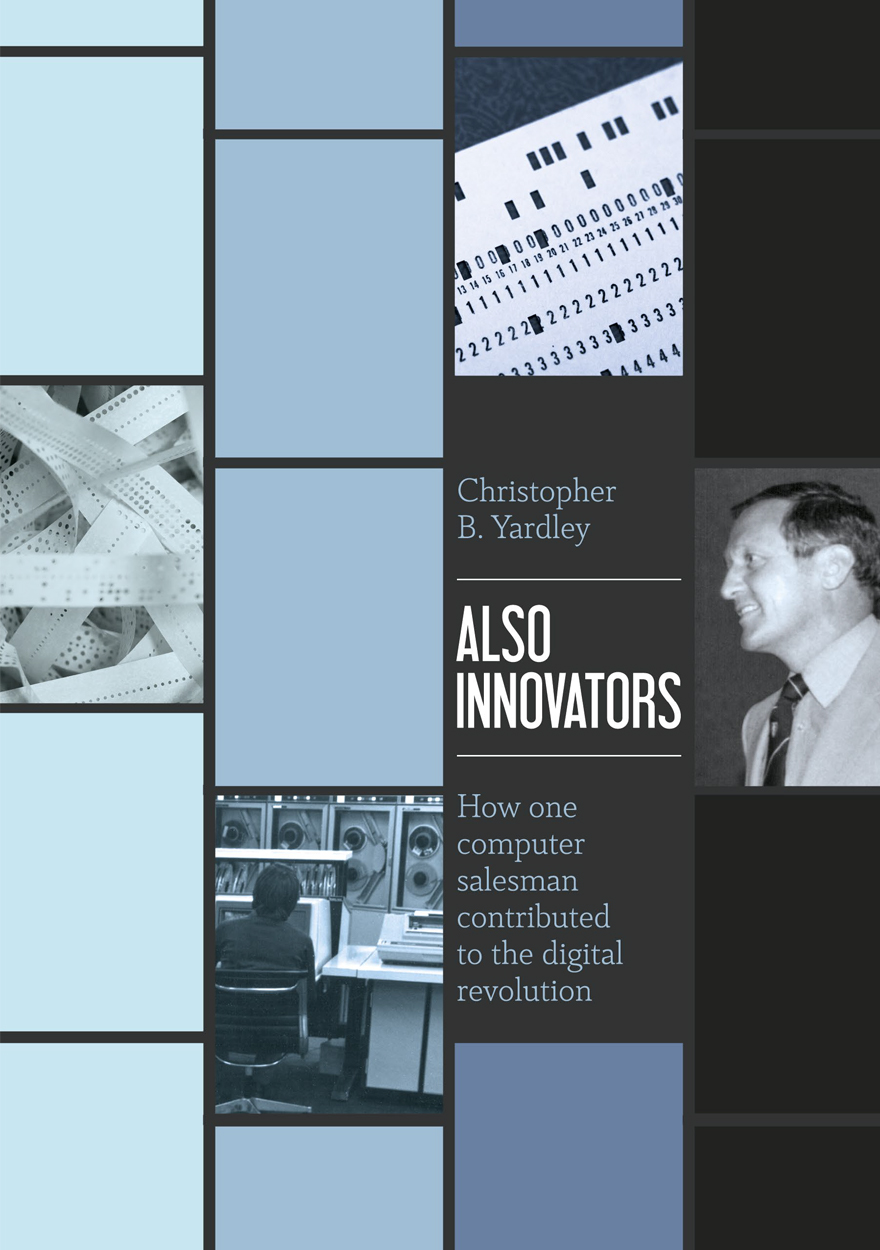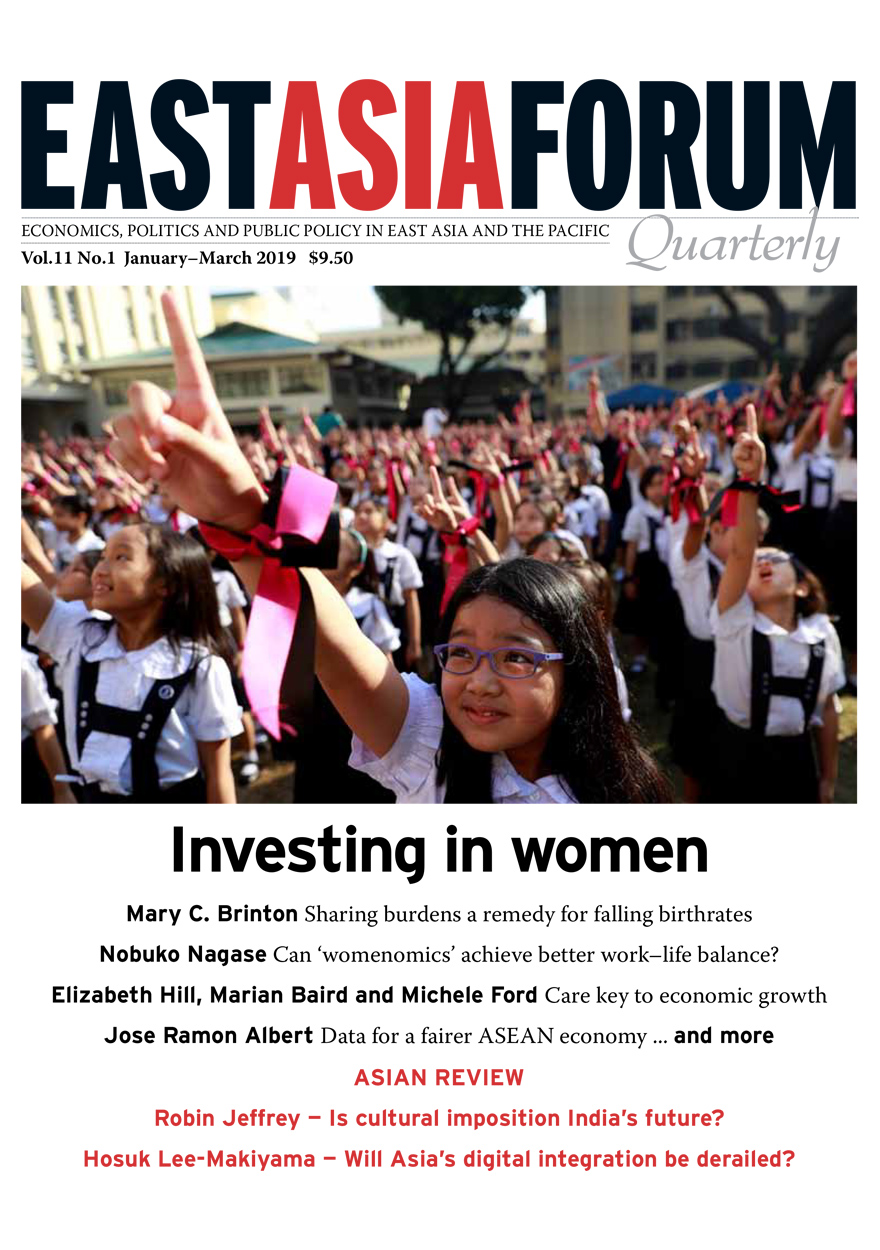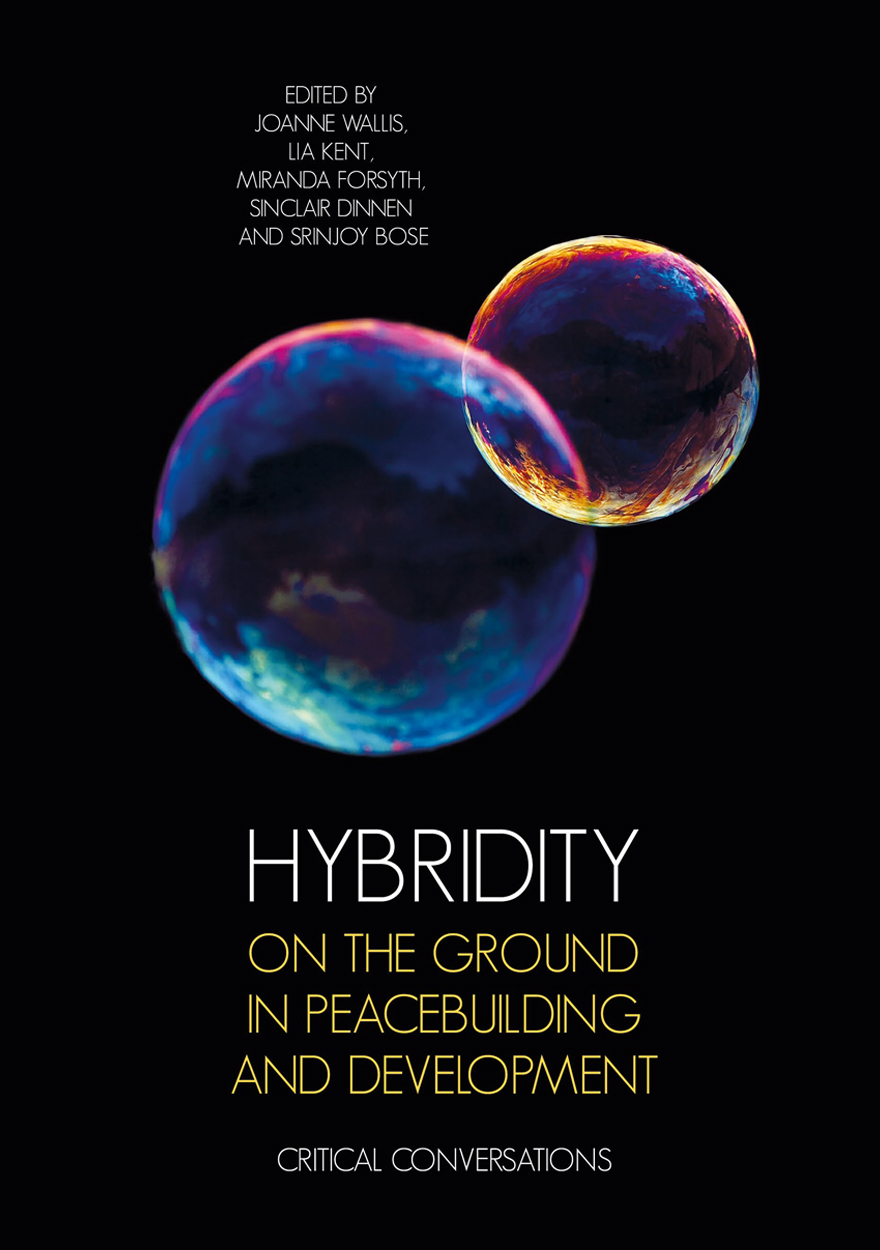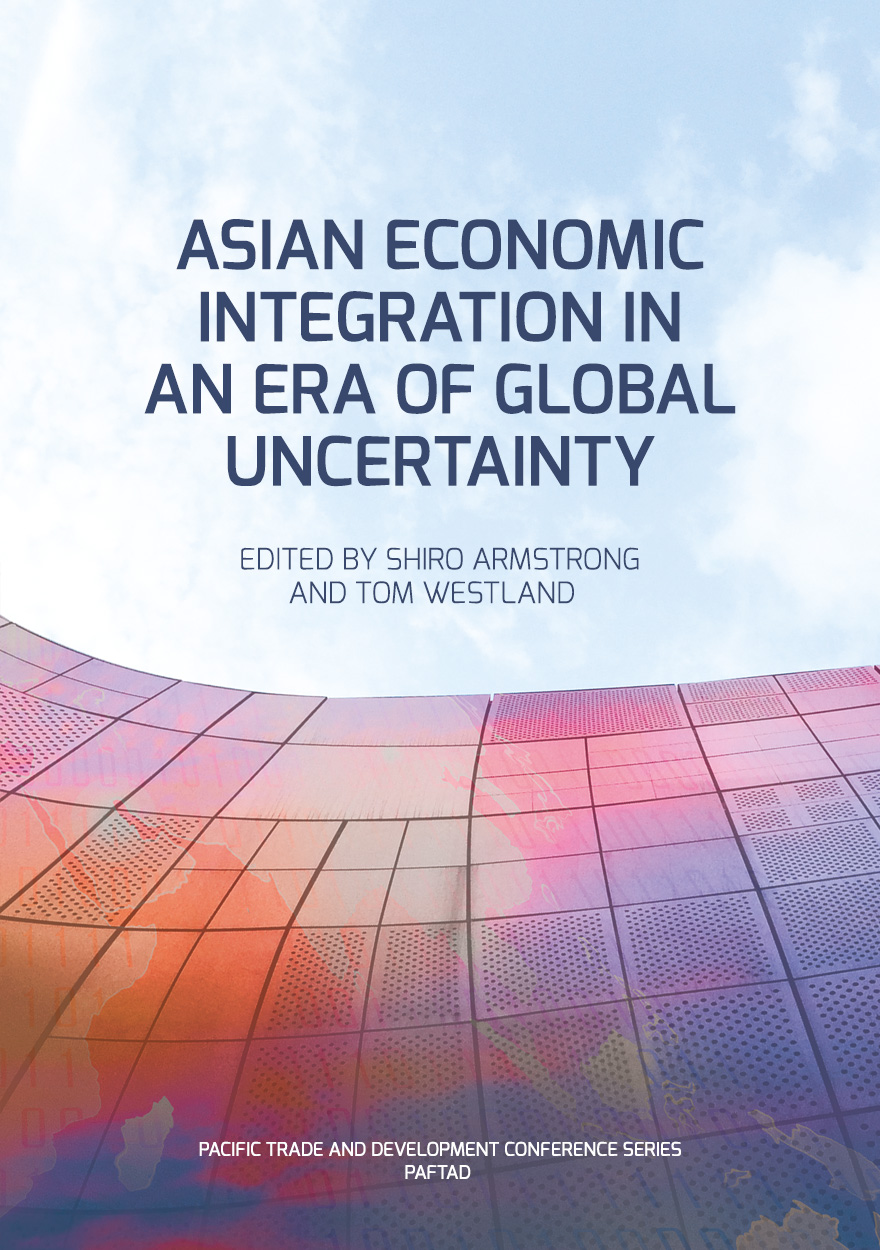Search titles
Displaying results 1 to 10 of 24.

East Asia Forum Quarterly: Volume 12, Number 1, 2020 »
Publication date: March 2020
The changing geopolitical context compels middle powers to act. Countries have responded by forming explicit alliances, building upon hedging strategies or altering their leanings from one great power to another. The need for collective action is more urgent than ever to deal with emerging regional and global challenges.
This issue of East Asia Forum Quarterly looks at middle powers and the range of priorities they have. Some are focused on their domestic priorities while others are more eager to shape the political, economic and security dimensions in the region. Our contributors offer a variety of perspectives on the challenges that middle powers face and identify the call of middle-power vision in defending the rules-based order.
EAFQ 12.1 is dedicated to Aileen S.P. Baviera, founding president of Asia Pacific Pathways to Progress, who died on 21 March 2020, from pneumonia related to COVID-19.
East Asia Forum Quarterly grew out of East Asia Forum (EAF) online, which has developed a reputation for providing a platform for the best in Asian analysis, research and policy comment on the Asia Pacific region in world affairs. EAFQ aims to provide a further window onto research in the leading research institutes in Asia and to provide expert comment on current developments within the region. The East Asia Forum Quarterly, like East Asia Forum online, is an initiative of the East Asia Forum (EAF) and its host organisation, the East Asian Bureau of Economic Research (EABER) in the Crawford School of Economics and Government in the College of Asia & the Pacific at The Australian National University.
Download for free
Not available for purchase

Also Innovators »
How one computer salesman contributed to the digital revolution
Authored by: Christopher B. Yardley
Publication date: April 2019
‘Thank you for your order, Mr Mainframe Customer. The cost is £5 million and the lead-time for manufacture will be two years. In the meantime you will have to build a special computer centre to our specification. For our part, our project team will help you recruit and train potential programmers and we shall advise on how you might use the system.’
How different from today when the customer will want to see a specific application running before he puts a hand in his/her pocket. Chris Yardley lived the changes as a computer salesman and tells his story of a career living and working in five countries. Warts and all. The ecstasies, the heartbreaks and idiocies of major corporations.
His career was not a planned one. In a growing industry, opportunities presented themselves and Chris believes he grasped every one presented. Having written his story, he has had every chapter verified by at least one person who features in that narrative. His respondents have universally endorsed the facts with comments such as ‘Wow, I’d forgotten most of that’. ‘You have a fantastic memory.’ ‘I never knew before the full facts of what happened.’ ‘How have you remembered all the circumstances?’ ‘It really is a people business.’
This is the only book that has followed a computer sales career over almost 50 years.

East Asia Forum Quarterly: Volume 11, Number 1, 2019 »
Publication date: March 2019
This issue of East Asia Forum Quarterly touches on key economic and social questions that affect gender equality in Southeast Asia and East Asia, delving beneath the aggregates and measurement challenges. Strengthening the evidence base is critical to building the policy toolkit and shaping public investments that ensure no woman or man is left behind.
East Asia Forum Quarterly grew out of East Asia Forum (EAF) online, which has developed a reputation for providing a platform for the best in Asian analysis, research and policy comment on the Asia Pacific region in world affairs. EAFQ aims to provide a further window onto research in the leading research institutes in Asia and to provide expert comment on current developments within the region. The East Asia Forum Quarterly, like East Asia Forum online, is an initiative of the East Asia Forum (EAF) and its host organisation, the East Asian Bureau of Economic Research (EABER) in the Crawford School of Economics and Government in the College of Asia & the Pacific at The Australian National University.
Download for free
Not available for purchase

International Review of Environmental History: Volume 4, Issue 2, 2018 »
Edited by: James Beattie
Publication date: September 2018
International Review of Environmental History takes an interdisciplinary and global approach to environmental history. It encourages scholars to think big and to tackle the challenges of writing environmental histories across different methodologies, nations, and time-scales. The journal embraces interdisciplinary, comparative and transnational methods, while still recognising the importance of locality in understanding these global processes.
The journal's goal is to be read across disciplines, not just within history. It publishes on all thematic and geographic topics of environmental history, but especially encourage articles with perspectives focused on or developed from the southern hemisphere and the ‘global south’.
Download for free
Not available for purchase

International Review of Environmental History: Volume 4, Issue 1, 2018 »
Edited by: James Beattie
Publication date: May 2018
International Review of Environmental History takes an interdisciplinary and global approach to environmental history. It encourages scholars to think big and to tackle the challenges of writing environmental histories across different methodologies, nations, and time-scales. The journal embraces interdisciplinary, comparative and transnational methods, while still recognising the importance of locality in understanding these global processes.
The journal’s goal is to be read across disciplines, not just within history. It publishes on all thematic and geographic topics of environmental history, but especially encourage articles with perspectives focused on or developed from the southern hemisphere and the ‘global south’.
Download for free
Not available for purchase

Between the Plough and the Pick »
Informal, artisanal and small-scale mining in the contemporary world
Edited by: Kuntala Lahiri-Dutt
Publication date: March 2018
Between the Plough and the Pick deepens our understanding of informal, artisanal and small-scale mining, popularly known as ASM. The book engages with wider scholarly conceptualisations of contemporary global social, agrarian and political changes, whilst underlining the roles that local social‑political-historical contexts play in shaping mineral extractive processes and practices. It shows that the people who are engaged in these mining practices are often the poorest and most exploited labourers—erstwhile peasants caught in the vortex of global change, who perform the most insecure and dangerous tasks. Although these people are located at the margins of mainstream economic life, they collectively produce enormous amounts of diverse material commodities and find a livelihood (and often a pathway out of oppressive poverty).
The contributions to this book bring these people to the forefront of debates on resource politics. The contributors are international scholars and practitioners who explore the complexities in the histories, in labour and production practices, the forces driving such mining, the creative agency and capacities of these miners, as well as the human and environmental costs of ASM. They show how these informal, artisanal and small‑scale miners are inextricably engaged with, or bound to, global commodity values, are intimately involved in the production of new extractive territories and rural economies, and how their labour reshapes agrarian communities and landscapes of resource access and control.
This book drives home the understanding that, collectively, this social and economic milieu redefines our conceptualisation of resource politics, mineral‑dependent livelihoods, extractive geographies of resources and commodities, and their multiple meanings.

Hybridity on the Ground in Peacebuilding and Development »
Critical Conversations
Publication date: March 2018
Hybridity on the Ground in Peacebuilding and Development engages with the possibilities and pitfalls of the increasingly popular notion of hybridity. The hybridity concept has been embraced by scholars and practitioners in response to the social and institutional complexities of peacebuilding and development practice. In particular, the concept appears well-suited to making sense of the mutually constitutive outcomes of processes of interaction between diverse norms, institutions, actors and discourses in the context of contemporary peacebuilding and development engagements. At the same time, it has been criticised from a variety of perspectives for overlooking critical questions of history, power and scale. The authors in this interdisciplinary collection draw on their in‑depth knowledge of peacebuilding and development contexts in different parts of Asia, the Pacific and Africa to examine the messy and dynamic realities of hybridity ‘on the ground’. By critically exploring the power dynamics, and the diverse actors, ideas, practices and sites that shape hybrid peacebuilding and development across time and space, this book offers fresh insights to hybridity debates that will be of interest to both scholars and practitioners.
‘Hybridity has become an influential idea in peacebuilding and this volume will undoubtedly become the most influential collection on the idea. Nuance and sophistication characterises this engagement with hybridity.’
— Professor John Braithwaite

Asian Economic Integration in an Era of Global Uncertainty »
Edited by: Shiro Armstrong, Tom Westland
Publication date: January 2018
The Pacific Trade and Development (PAFTAD) conference series has been at the forefront of analysing challenges facing the economies of East Asia and the Pacific since its first meeting in Tokyo in January 1968.
The 38th PAFTAD conference met at a key time to consider international economic integration. Earlier in the year, the people of the United Kingdom voted to leave the European Union and the United States elected Donald Trump as their next president on the back of an inward-looking ‘America First’ promise. Brexit and President Trump represent a growing, and worrying, trend towards protectionism in the North Atlantic countries that have led the process of globalisation since the end of the Second World War.
The chapters in the volume describe the state of play in Asian economic integration but, more importantly, look forward to the region’s future, and the role it might play in defending the global system that has underwritten its historic rise. Asia has the potential to stand as a bulwark against the dual threats of North Atlantic protectionism and slowing trade growth, but collective leadership will be needed regionally and difficult domestic reforms will be required in each country.

Navigating Boundaries »
The Asian diaspora in Torres Strait
Edited by: Anna Shnukal, Guy Ramsay, Yuriko Nagata
Publication date: November 2017
Navigating Boundaries belongs to a new generation of Asian–Australian historical studies. The essays presented here draw on an extensive, widely dispersed body of information, including much unpublished material, in order to narrate stories of the Asian diaspora communities of Torres Strait, north Queensland. Early chapters give an overview of Torres Strait Islander/Asian/European interaction, documenting the experiences of people from the five major Asian communities in the Torres Strait: Chinese, Filipino, Indonesian, Japanese and Sri Lankan. Later chapters inspect the early authorities of Torres Strait, including the former Resident Magistrate and the Protector of Aboriginals. Other chapters examine the contributions to Torres Strait culture made by Asian communities—from ethnic identity, clothing and cuisine, to religion, funeral and burial practices, and with a strong focus on the rich musical culture of Torres Strait Islanders. In the final chapter of the book, a variety of local voices narrate stories of Torres Strait people of Asian ancestry, providing a deeply personal insight into the Asian experience in Torres Strait.

East Asia Forum Quarterly: Volume 9, Number 2, 2017 »
Publication date: June 2017
East Asia Forum Quarterly grew out of East Asia Forum (EAF) online, which has developed a reputation for providing a platform for the best in Asian analysis, research and policy comment on the Asia Pacific region in world affairs. EAFQ aims to provide a further window onto research in the leading research institutes in Asia and to provide expert comment on current developments within the region. The East Asia Forum Quarterly, like East Asia Forum online, is an initiative of the East Asia Forum (EAF) and its host organisation, the East Asian Bureau of Economic Research (EABER) in the Crawford School of Economics and Government in the College of Asia & the Pacific at The Australian National University.
Download for free
Not available for purchase



